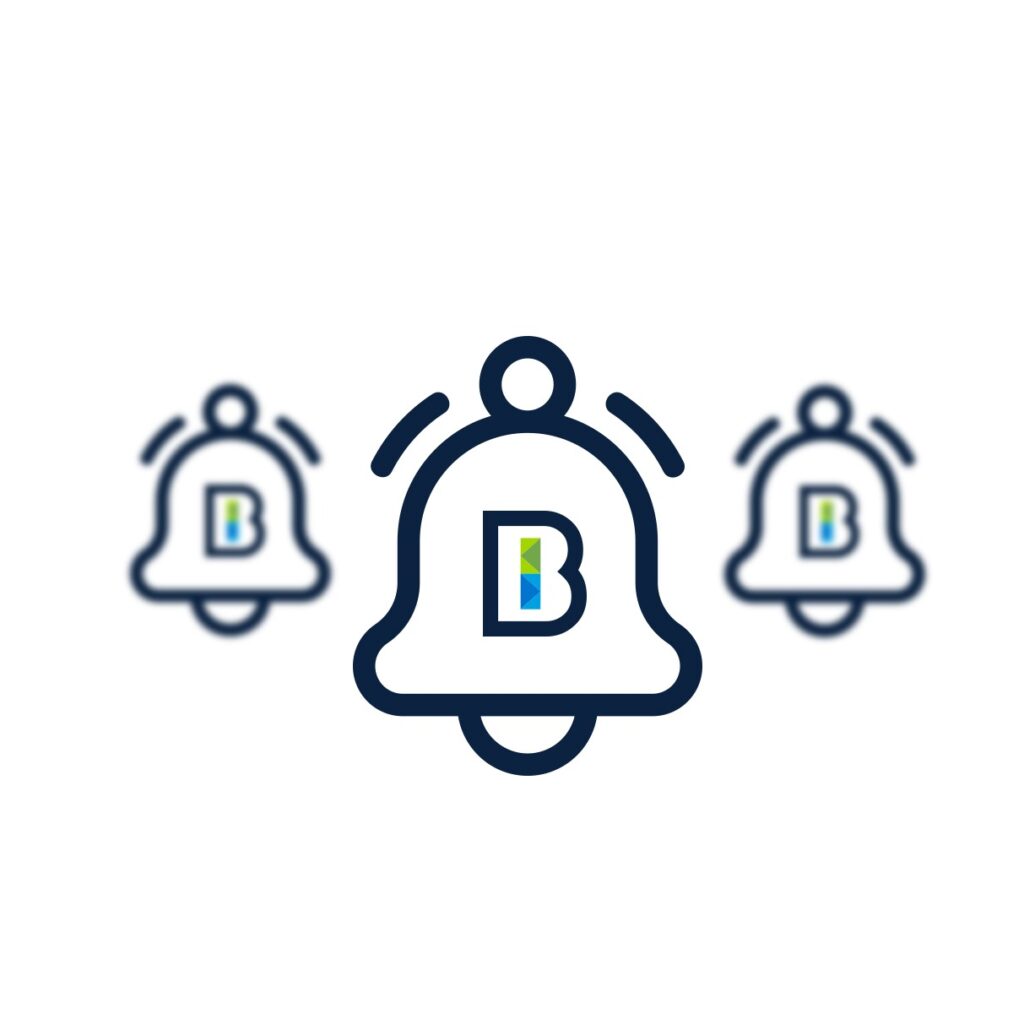The word Er-rehn is of Arabic origin and means permanence, constancy. Also, the word Er-rehn is often translated as holding, imprisoning, or guarding. Sharia jurists defined the term Er-rehn as a commodity that has a Sharia-recognized value and can be given as a guarantee for debt repayment. That commodity should be used in the case of non-repayment of the debt, to settle the debt or a part of the debt, i.e. the rest of the debt. In other words, a pledge – Er-rehn, is an assurance that a certain debt or loan will be returned within a certain period, and in in the event that the loan or debt is not repaid within the agreed repayment period, it will be settled from what was taken as a pledge.
The person who is the owner of the pledged object, the debtor or the one who took a loan based on the pledge is called Rahin. The person who gave the loan and took the object as a pledge is called Murtehin. The pledged object is called Rehn. Pledge is permissible from the Sharia aspect, and it is confirmed by the Qur’an, the Prophet’s s.a.w.s. sunnah and ulema consensus.
In the Qur’an, Allah (swt) says: “If you are on the road and do not find a scribe, then take a pledge.” And if you store something with one another, let him justify the trust placed in him and let him fear Allah, his Lord.” (EL-Bakara, 283).
A pledge as a form of securing a certain right is allowed to be taken both on the road and in the place of permanent residence. Islamic scholars agree on the permissibility and prescription of pledges.
There are certain conditions that must be met for the pledge contract to be valid, namely: sanity, adulthood, that the pledged item be present at the time of the conclusion of the contract, that the person taking the pledge or his representative take over the pledged item. Marketable property, i.e. property that can be sold and has a market value, can be taken as a pledge.
The purpose of the pledge agreement is to secure the repayment of the debt. The pledged item cannot be the subject of earnings or profit. Therefore, the lender is not allowed to use the pledged item, even when he has the borrower’s permission. The reason for the prohibition is that in the case of using a pledge, the benefit it brings is interest, and interest is expressly prohibited in Islam.
This regulation is valid in the case when the pledge is not an animal, neither a rider nor a milker. In the case when the pledge is an animal, a rider or a milker, the lender has the right to use in return the expenses he has for that animal. If he takes care of that animal and feeds it, he can have it and benefit from it. Care of the pledge and the costs of its storage and return are borne by the owner of the pledge.
The owner of the pledge, that is, the person who took a loan based on the pledge, does not have the right to ask the creditor (loan provider) for the pledge in return until he repays the debt. However, the creditor has the right to return the pledge when he wants.
When the deadline for repaying the debt (loan) arrives, if the debtor has not made the repayment, i.e. returned the debt, the creditor (lender) has the right to sell the pledge and settle the debt, and what is left over will be returned to the owner of the pledge, and if the sale of the pledge does not settle all the debt , the balance still remains with the debtor.
Conclusion of the contract
The pledge agreement is concluded with an offer and acceptance. As mentioned above, only salable assets can be pledged, i.e. thing or thing that can be sold. The exception to the above are unripe crops and fruits that cannot be sold at the moment, but can still be used as collateral. The creditor of the debt has the right to ask the debtor to repay the debt as soon as the agreed term expires.
By returning the debt, the debtor acquires the right to recover the pledge from the pledgee, and if he does not return, the pledgee has the right to collect his debt from the value of what he took as pledge, either through sale and putting it into practice, or through investment.
If he takes more than the debt amount from the sold (pledged) item, he will return the difference to the debtor (pledge owner), and in case the amount is insufficient to cover the due debt, the debtor is obliged to compensate the debt creditor for the difference.
The pledge is not valid if the pledgor (debtor) stipulates to the pledgee (debt creditor) that he cannot sell the pledged thing even if the deadline for repaying the debt expires, because the pledge loses its meaning in that case. The same applies in the case when the pledgee (debt creditor) stipulates to the pledger (debtor) that the thing pledged becomes his at the moment when the agreed deadline for debt repayment expires. This is supported by the hadith of the Prophet of God, s.a.w.s., which reads: “The owner is not prevented from having access to the pledged thing.” The income from it belongs to him, he bears the costs for its maintenance.”
Safekeeping of pledges
The pledgee is obliged to keep the pledge he has taken. The pledgee is obliged to guarantee the entire value of the pledge when he stores it with someone. In the event that the pledge with the pledgee is damaged, and the pledgee repairs the pledge without the consent of the pledger, he has no right to claim compensation for the work used, except for the materials he used.
In a situation where the pledger (debtor) dies or goes bankrupt, of all others to whom he owes something, the pledgee has the greatest right to collect his claim from the taken pledge






